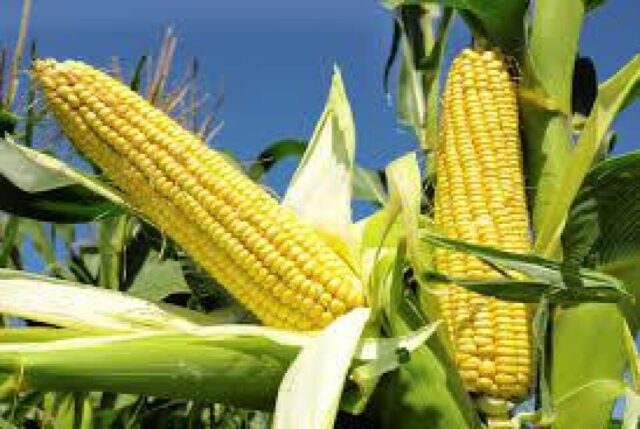The South African Crop Estimates Committee has lifted its forecast for the 2023 harvest to 16,354 million tons – 6% more than the 2021/22 season and the second-largest harvest on record.
THE SOUTH African Crop Estimates Committee (CEC) on Tuesday lifted its forecast for the 2023 harvest to 16,354 million tonnes – the second largest on record.
Improved yield in both yellow and white maize had led to the ongoing upgrade, it said.
Wandile Sihlobo, the chief economist at the Agricultural Business Chamber (Agbiz), said that the CEC’s lifting of the country’s 2022/23 commercial maize production estimate by 1% from last month was not surprising.
He said this crop was 6% more than the 2021/22 season and the second-largest harvest on record.
“The expected ample harvest is primarily on the back of large yields, as the area planted is slightly down from the 2021/22 season. About 8.64 million tonnes is white maize, with 7.71 million tonnes being yellow maize. A crop of 16.35 million tonnes implies South Africa will have sufficient supplies to meet domestic maize needs of roughly 11.40 million tonnes and have over 3.00 million tonnes for export markets in the 2023/24 marketing year,” Sihlobo said.
The soybeans harvest was unchanged from May’s record estimate of 2.76 million tonnes (up 24% y/y). The annual crop improvement was attributed to an expansion in the area planted and higher yields.
Sihlobo said the ample soybeans harvest meant South Africa could meet its domestic demand and remain with more than 300,000 tonnes of soybeans for export markets. This soybean export expansion was a new territory for South Africa, which until recently had been a net importer of soybeans and soybean products, and positive for the agricultural trade balance.
However, the sunflower seed production estimate was lowered by 5% from last month at 758,610 tonnes (down 10% y/y). The annual decline in the sunflower seed production forecast was said to mirror the reduced planted area and yields in some areas.
Sorghum production estimate was down 1% from last month and now estimated at 103,870 tonnes (up 1% y/y). Other small crops, such as groundnuts and dry beans, were left unchanged from last month at 51,510 tonnes (up 6% y/y) and 48,560 tonnes (down 8% y/y), respectively.
Agbiz said that overall, South Africa had a big summer grain and oilseed harvest, and the recent rains did not cause quality issues as some might have feared.
Fom a grain’s consumer perspective, this data boded well with the already softening maize and oilseed prices thereby reinforcing the organisation’s view of a possible moderation in grains-related food product prices in the food inflation basket.
South Africa’s consumer food inflation decelerated to 12% in May this year from 14.3% in the previous month. The food product prices primarily underpinning this moderation were bread and cereals, meat, fish, oils and fats and fruits.
However, the impact of load shedding could continue to influence food prices for the next few months.
– BUSINESS REPORT








